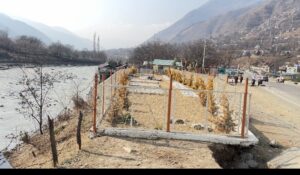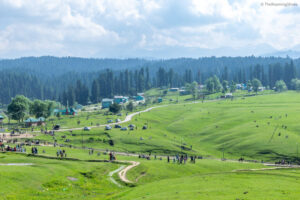IS EDUCATION WORTHWHILE?

“The more that you read, the more things you will know. The more that you learn, the more places you will go.” — Dr. Seuss
Education is a lifelong process that begins at the cradle and continues to the grave. It encompasses a wide range of experiences and opportunities. In its narrowest sense, education is often seen as the ability to read and write—what we call literacy. This usually refers to classroom-based learning. However, in its broader sense, education includes life experiences, exposure to new ideas, and the lessons we learn from the world around us. It is a continuous, evolving journey that contributes to the all-round development of a person’s character and potential.
https://chat.whatsapp.com/HLQ520fE0PL4oQAtzTjX2Z
What Does It Mean to Be Educated?
An educated person is marked by alertness, expressiveness, and adaptability. Clarity of thought and presence of mind reflect the depth of one’s learning and experience. Education is not confined to books or classrooms—it is also about how we act, how we adapt, and how we grow from our experiences.
It is the transmission of knowledge, skills, values, and morals. It molds a person into a well-rounded human being. As Mahatma Gandhi rightly said, “Education is the all-round development of body, mind, and soul.”
Do We Accept This Definition as a Society?
Unfortunately, not entirely.
In today’s world, society often equates education with formal qualifications and financial success. A person with multiple degrees but a modest lifestyle is often seen as unsuccessful, whereas someone who earns a high income—regardless of their values or education level—is celebrated. This flawed perception undermines the true essence of education.
Real education helps us discover our inner selves—our likes, dislikes, strengths, and aspirations. It builds character, instills values like empathy, respect, and integrity, and helps us think critically and intensively. As Martin Luther King Jr. once said, “The function of education is to teach one to think intensively and to think critically. Intelligence plus character—that is the goal of true education.”
The Current State of Society
We have moved away from ethics, values, and empathy. Materialism now defines success. People are judged by the number of zeros in their bank accounts, not by their principles or character.
What about the long hours of study, the sacrifices, and the lessons learned from struggles and failures? Do these not matter anymore? The virtues and values we pick up through different stages of life seem to hold little value in today’s fast-paced, money-driven world.
We’ve even stopped reading books, newspapers, or journaling our thoughts. Instead, people chase quick-fix strategies to earn more money, without thinking about long-term fulfillment or societal impact. As Khalil Gibran says, “The smallest act of kindness is worth more than the greatest intention.” Yet, kindness is often overlooked in today’s race for success.
The True Purpose of Education
Yes, education does serve practical purposes—it helps us earn a livelihood, fulfill basic needs, and become self-reliant. These are often categorized as the white-collar or blue-collar aims of education. But life goals vary for everyone. What brings peace to one person might not mean the same to another.
Society should not measure success by whether someone becomes a doctor, engineer, or scientist. Every profession holds value. A teacher is just as vital as a doctor—they shape young minds and nurture future nation-builders. A social worker, too, is as important as an engineer, working at the grassroots to create social awareness and drive change.
People should choose their paths based on their interests and passions. And society must learn to respect those choices without judgment or unsolicited advice. All lives matter, and every profession contributes in its own way.
What Education Really Does
True education develops critical thinking, problem-solving, and communication skills. It empowers individuals to chase their dreams and contribute meaningfully to society. An educated person approaches life by asking what, why, and how. They are better equipped to handle challenges with wisdom, adaptability, and empathy.
So, instead of judging success by bank balances, let us start appreciating virtues like kindness, humility, critical thinking, optimism, cultural awareness, and moral integrity. These are the pillars of a healthy, progressive society.
Let us strive to make the world a better place to breathe, to grow, and to live—together—through education that enlightens both the mind and the soul.
Written By :- Afreen Manzoor Pursuing a Master’s in Political Science at the University of Kashmir.



